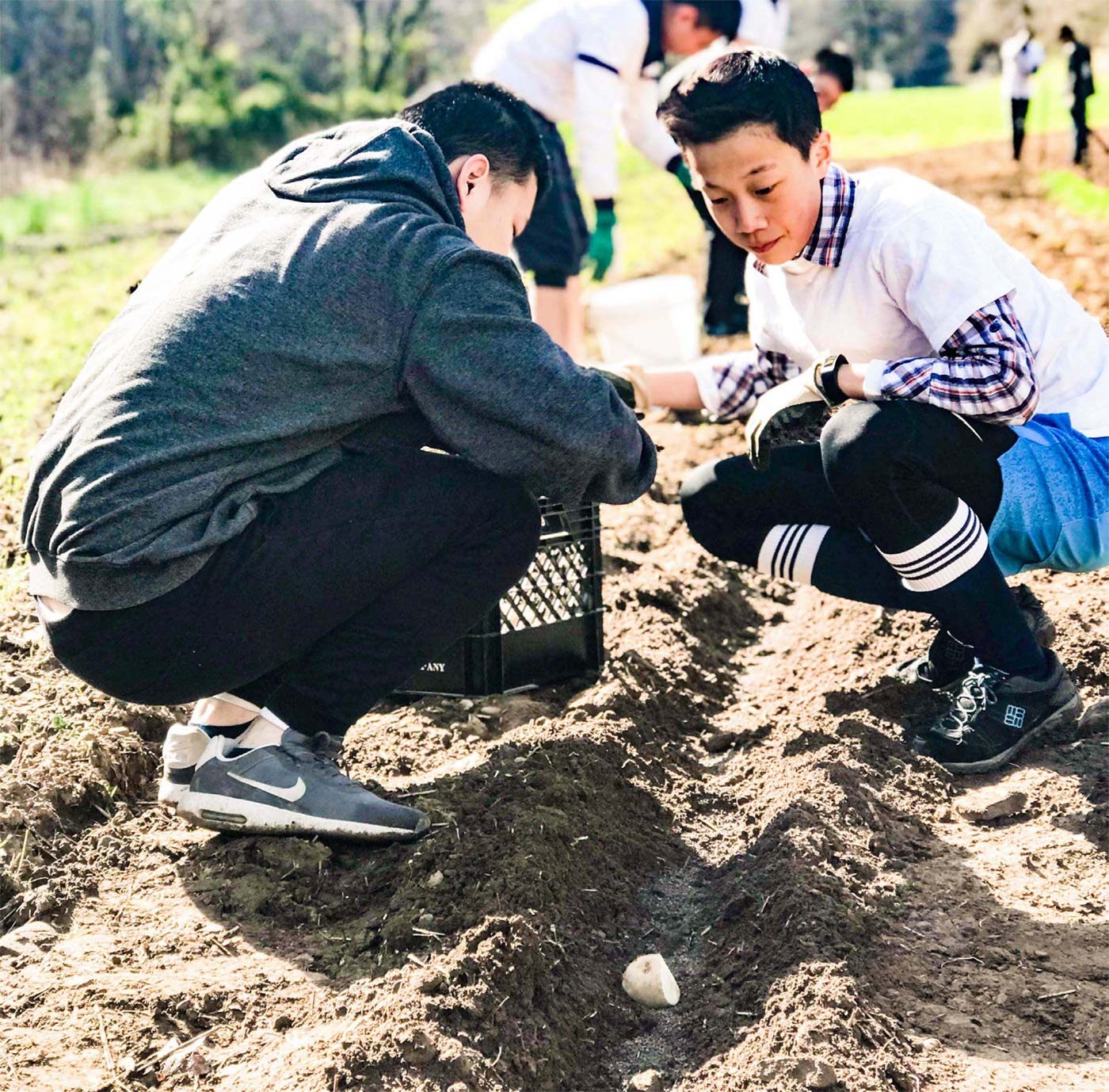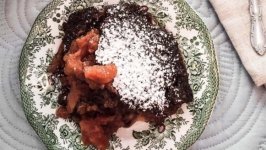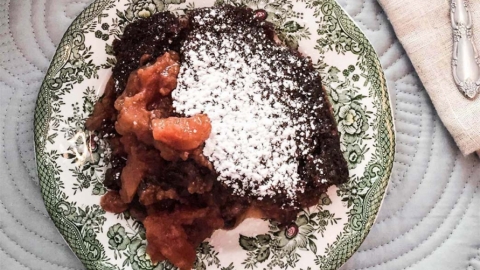Hindman Settlement School
HINDMAN SETTLEMENT SCHOOL PROVES HENRY DAVID THOREAU'S POINT: “THOUGH I DO NOT BELIEVE THAT A PLANT WILL SPRING UP WHERE NO SEED HAS BEEN, I HAVE GREAT FAITH IN A SEED. CONVINCE ME THAT YOU HAVE A SEED THERE, AND I AM PREPARED TO EXPECT WONDERS.”
Hindman Settlement School, the first rural settlement school in America, is tucked into the mountains alongside Troublesome Creek in the picturesque small town of Hindman, KY, where in 1902 its founders set out “to provide education and service opportunities for people of the mountains, while keeping them mindful of their heritage.”
When people ask what exactly a settlement school is, Josh Mullins, Director of Advancement, explains: “A settlement school is an oasis of teaching and learning. Our cultural heritage and traditional education, arts and agricultural programs are focused on honoring and passing along mountain traditions.
“Specialized programs like our dyslexia tutoring,” he continues, “have evolved over the years to address critical needs of local youth and families. None is more important in this pandemic year than Foodways and Knott County Grow Appalachia.”
PRESERVING OLD WAYS, PROVIDING HELP
The central mission of both of these programs is to address the persistent food security issues in the Appalachian region by helping as many people as possible learn to grow as much as possible for their personal use and for sale at the local farmers’ market.
Families in Knott County Grow Appalachia, a partnership with Berea College, participate in gardening classes, get help with tilling their gardens, and receive plants, seeds, fertilizer and tools. The Settlement’s small farm and greenhouses serve as research and teaching facilities; sharing these organic and sustainable operations provide opportunities for families and farmers to learn best practices for their own gardens.
“Foodways is truly a ‘teach people to grow good food and you can feed them for life’ experience as we together study life-changing lessons in good food for good health,” explains Foodways Director Jason Brashear, a graduate of the University of Kentucky College of Agriculture.
This year, it has been especially difficult to communicate with families who in the past have come together for regular monthly garden workshops. Brashear and Corey Terry, who manages the Settlement’s on-site gardens and high tunnel operations, have used social media and online videos to answer questions and share instruction about harvesting, cooking, canning and other preservation techniques.
“It’s been a year of testing out new methods to keep our programs rolling. We are not necessarily adept at setting up cameras. More than one video has been made with our iPhones taped to a hoe handle,” Brashear says with a smile.
Even with social distancing, turnout at the Tuesday and Saturday Knott County farmers’ market hasn’t diminished as participants in the Foodways program have produced an abundance of fresh vegetables.
Through grant support, the market is able to offer double dollars to senior citizens and federal food assistance recipients and, in collaboration with the Knott County Diabetes Coalition, offer Diabetes Dollars—a prescription program of healthy eating options for diabetics.
In addition to vegetable production, Foodways raises three rounds of organically pastured poultry each year for sale at the farmers’ market or for use in special community meals in the Settlement dining hall.
Through the Community Supported Agriculture (CSA) program, the Settlement gardens and farm supply dozens of members with fresh, local produce for 13 weeks from May to August.
And as the growing season winds down, the certified canning and preserving program offered in the state-of-the-art commercial kitchen becomes more important, giving gardeners the ability to save the fruits of the harvest for the uncertain food supply in the months ahead.
One gardener recently brought a bushel of white half-runner snap beans to the kitchen for flash freezing. “Eking out the last of summer and saving this food for my family to enjoy in the future restores my hope for a better fall and winter,” she said.
A SHIFT IN PROGRAMMING
As this coronavirus summer stretched on, it quickly became apparent that most of the Settlement’s well-known events would be off the table for some time, so the staff created a series of live conversations among writers and chefs.
An “Agrilachia” series has been livestreamed with notable speakers like Kentucky-bred writer Ronni Lundy, known for her love of her native mountains and knowledge of the cultural ties among food and gardening and cooking.
Some programming of the popular Dumplins’ & Dancin’ celebration of farmers, musicians, chefs, seed savers, dancers, food activists and others committed to the preservation of Appalachia’s food and dance traditions, will be presented digitally November 2 through 7. (Visit Hindman.org for details.)
October means the staff’s planning and marketing activity turn to the Settlement’s Holiday Gift Boxes, a major fund- and friend-raising project, as boxes of local goodies can be shipped anywhere. There are clever items to choose from, with Tadpole Hollow Pickles and a gluten-free Frogtown Fruitcake added to the selection this year.
Mullins concludes: “Even with the challenges of this year, the Settlement’s core is unchanged. Growing food locally becomes even more important when supply chains are disrupted and some shelves in the grocery are empty. We are committed to continue to invest in improving this mountain community’s understanding of what good, local, accessible food means to diet and overall health.”
Brashear adds: “There’s a lot we don’t know about this lost year, but we do know if you plant seeds, they will grow. There is faith in a seed.”
Hindman Settlement School’s work involves tutoring services for children with dyslexia and their families; cultural heritage programs that promote Appalachian literature, music, dance and art; folk arts education programs; community service programs in partnership with local organizations; and the Foodways initiative to change the way youth and families think about growing and preserving food and eating a healthier diet. Hindman.org







